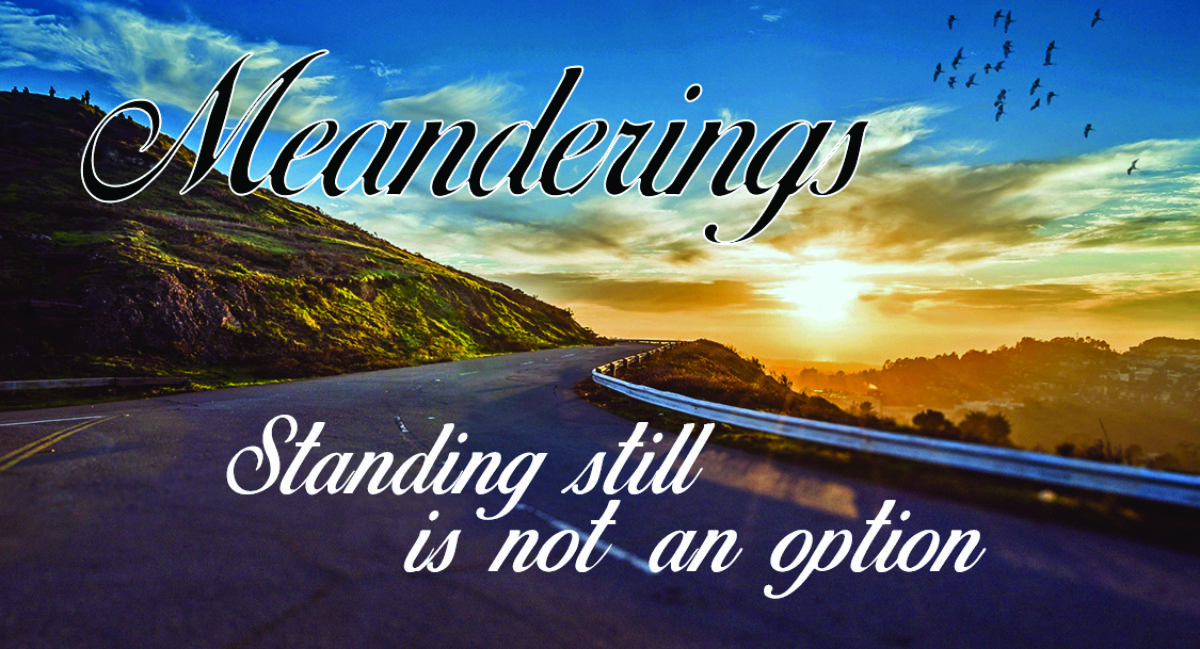It is a New Year and there is so much that’s new. I have a new schedule. I have a new life of living without another, the one who had been partly absent, but only partly.
Most bewildering is the new ID. I am signing documents that ask for my marital status. I hover over Married then move to Single and then uncomfortably to Widow. I place a tick as the status is officially correct, officially.
I have no problem with the word widow. The hesitancy comes from the fact that for such a long time I was a widow in waiting or in training but now that it is a fact the training turns out to have been woefully inadequate. How do you own a state of ever mutating feeling?
It has nothing to do with living alone. I passed that test long ago. Yet somehow it was incomplete because he was still here. He was less present than before but much more than total absence.
I am beginning to think that I have major fault lines that need mending. Family and friends remind me that the ‘Firsts” are stressful, demanding and catalysts for deep mourning that may resemble depression. I am told to mourn, to grieve and take time to BE. I understand, yet somehow this widow identity has so far been the worst issue in the process for me. How trite!
The first Christmas has come and gone. Children and friends made it beautiful if poignant.
The first New Year’s Eve has flown on the wings of memories that are full of laughter and quiet aloneness but with comfort and feeling of still here. He remains a gift that keeps on giving despite the absence.
Anniversary number 54 was spent enjoying dinner and a theatre performance in the company of friends who are another type of family. The two ‘widows’ knew the muddle that resulted in the tickets for the performance and the anniversary date being the same was no mistake. In our hearts we knew the two friends who are no longer here made that choice for us. They decided this first, this gathering would be to celebrate, not mourn.
There are many more ‘firsts’ to come. Somehow I am able to think that those firsts will only become days to remember on the personal calendar. That personal calendar has many firsts from other losses and triumphs. I am so grateful that there are many more dates to celebrate than to mourn.
When we meet, let’s talk about the happy memories, the firsts which can be met with equanimity and remember that sometimes death can be a gift of love.
The Meander: Let’s greet each other with love and cheerfulness and for heaven’s sake don’t call me the widow Paula!
